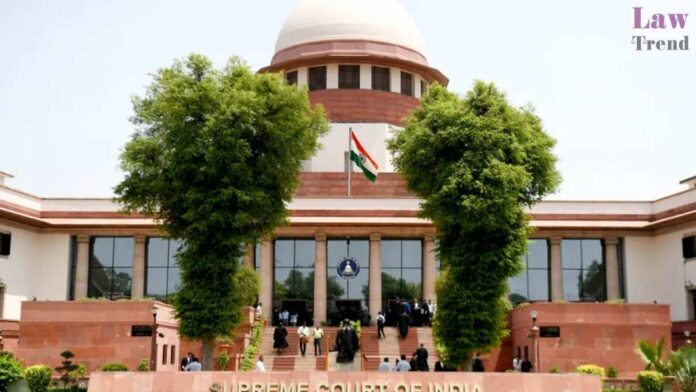The Union government has objected to a Supreme Court judgment that advised the President to mandatorily seek the Court’s opinion on the constitutionality of bills reserved by governors. The Centre argued that such a directive intrudes upon the President’s unfettered discretion under Article 143 of the Constitution.
Centre’s Objection to April 8 Judgment
The April 8 judgment, delivered by a bench of Justices J.B. Pardiwala and R. Mahadevan, suggested that whenever a governor reserves a bill on grounds of patent unconstitutionality, the President “ought to make a reference to the Supreme Court under Article 143, as a measure of prudence.”
However, Solicitor General Tushar Mehta, representing the Union government, contended that this reading undermines constitutional principles. He submitted that:
- Article 143 vests absolute discretion in the President to seek advice.
- The term “consult” signifies asking for advice and does not bind the President to act.
- Any constitutional expectation for the President to refer every reserved bill to the Court is contrary to the constitutional scheme.
Constitutional Scheme Cited
The Centre laid down three specific reasons for opposing the Court’s directive:
- Articles 200 and 201 empower the President to assent or withhold assent to bills reserved by governors, without requiring judicial involvement.
- The Constitution authorises all three organs—legislature, executive, and judiciary—to interpret constitutional provisions within their respective domains. The legislature debates constitutionality, the President and governors apply their minds when granting assent, and the judiciary examines laws only after enactment.
- Transforming the President’s discretion into a judicial mandate amounts to a continuing mandamus, which is impermissible.
Limits on Judicial Review of Pending Bills
The government also stressed that constitutional courts cannot adjudicate on the contents of bills that have not yet become law. “It is not possible for the constitutional courts to look behind the contents of the bill at a stage wherein it is a pending decision before the governor and adjudicate whether it requires a reference to the President or not,” the Centre maintained.
Article 32 and Federal Concerns
Further, the Union government objected to state governments invoking Article 32 to file petitions against governors. It stated:
- Article 32 is reserved for citizens to enforce fundamental rights.
- Disputes between a state and the Centre must be brought under Article 131, which provides for suits before the Supreme Court.
- “A state government cannot file a petition under Article 32 of the Constitution against essentially the governor of the state,” the Centre argued.
The objections were filed ahead of Tuesday’s hearing before a five-judge Constitution Bench led by Chief Justice of India B.R. Gavai, which will consider the scope of Presidential Reference under Article 143.




